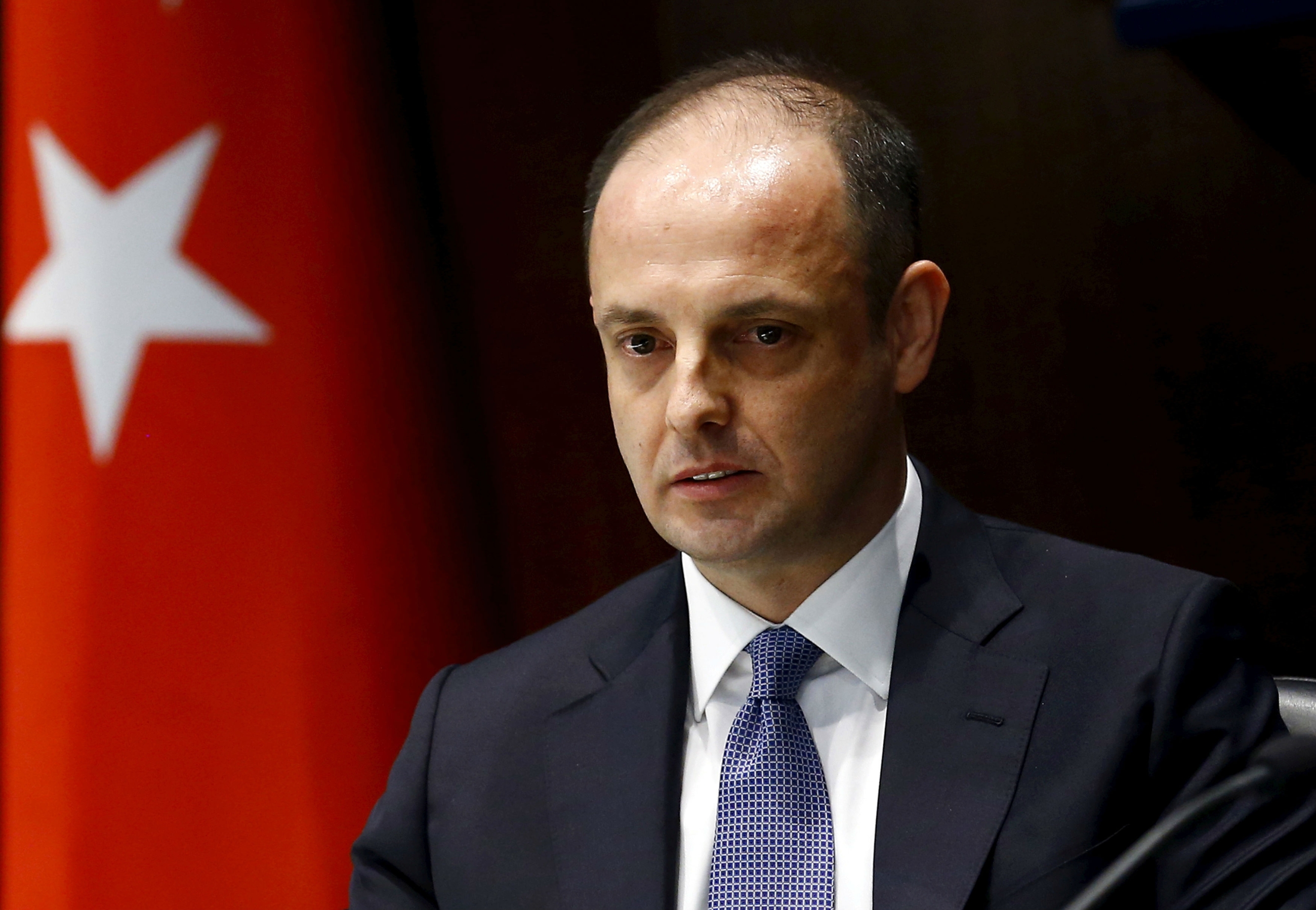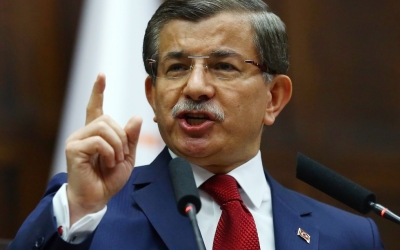Turkey fires central bank governor for refusing to tow line on interest rates

Turkey's president has fired the head of the country's central bank after he insisted on maintaining the bank's independence on setting interest rates, amid disagreements on how to deal with the country's struggling economy.
Murat Cetinkaya, who had been serving as governor since April 2016, was removed from the role and was replaced by his deputy Murat Uysal, a presidential decree published by the government showed on Saturday.
Though no reason was officially given for Cetinkaya's dismissal, he had been at odds with the government about lowering interest rates, which he had hiked last year to support the rapidly weakening Turkish lira.
President Recep Tayyip Erdogan, whose son-in-law is the finance and treasury minister, had repeatedly criticised Cetinkaya for keeping the rates high.
"President Erdogan was unhappy about the interest rate and he expressed his discontent at every chance," a senior government official told the Reuters news agency.
"The bank's decision in June to keep rates constant added to the problem with Cetinkaya.
"Erdogan remains determined to improve the economy, and for that he made the decision to remove Cetinkaya," said the official, who spoke on condition of anonymity.
Two other government sources told Reuters that differences between the government and the governor over the conduct of monetary policy have deepened in the past few months.
"The difference of opinions between the governor and the ministers in charge of the economy has deepened in the recent period," said one of the sources.
"The president and the finance minister demanded his resignation, but Cetinkaya reminded [them] of the bank's independence and declined to resign," the other source said.
The bank announced on Saturday that Uysal will be holding a news conference in the coming days and that the bank will continue to operate independently.
'The central bank is a captive being kept in the palace'
Istanbul's new mayor Ekrem Imamoglu recently unseated Erdogan's ruling Justice and Development Party, which had governed Turkey's largest city since 2004, with a campaign that pointed out the government's economic failures.
The country's currency lost 30 percent of its value last year, dropping to record lows, and has lost another 10 percent this year, while inflation hit a record high of more than 25 percent in October.
While the central bank emphasised its independence, a senior banker, who did not want to be named due to the sensitivity of the issue, said the sacking raised questions regarding the bank's authority.
"The removal of the governor from duty creates doubt regarding the job security of the head banker and the bank's independence. We will be watching the bank closely in the coming period," the Istanbul-based banker told Reuters.
The main opposition Republican People's Party (CHP), to which Imamoglu belongs, also pointed to concerns that the move could undermine the bank's credibility.
"Those who removed the central bank governor overnight have lost the right to demand confidence in the country's economy. The central bank is a captive being kept in the palace," said CHP spokesman Faik Oztrak, referring to Erdogan's office.
Middle East Eye delivers independent and unrivalled coverage and analysis of the Middle East, North Africa and beyond. To learn more about republishing this content and the associated fees, please fill out this form. More about MEE can be found here.





